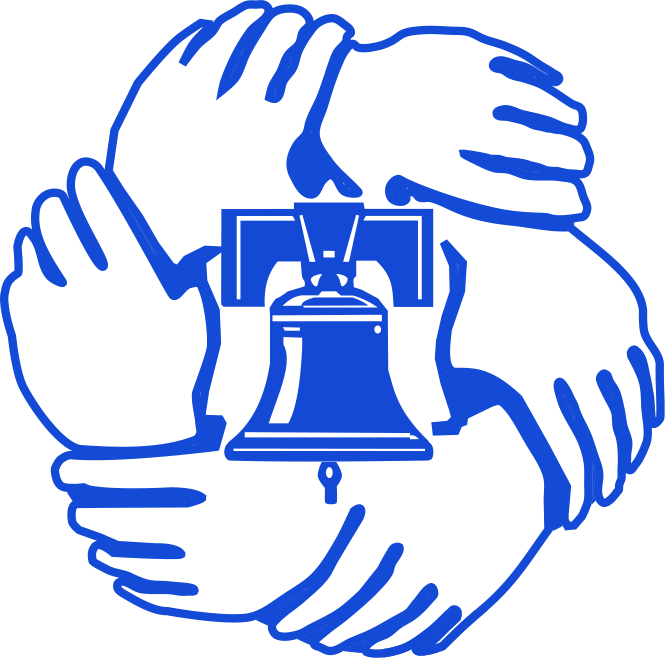PSHE and RSHE
Personal, Social, Health and Emotional Education / Relationships, Sex and Health Education
Aims of the PSHE and RSHE programme
At Gillingstool Primary school, PSHE is taught through the school curriculum and wider school context which helps pupils develop the knowledge, skills and attributes they need to keep themselves healthy and safe in the real and online worlds, and be a productive and responsible member of a modern British society. Children are taught about British values including their Rights and Responsibilities; they learn attributes which will equip them to become happy, confident, positive and healthy human beings. Relationships Education teaches children the qualities that are needed to maintain positive and supportive friendships and healthy relationships in later life.
What PSHE and RSHE looks like at Gillingstool
PSHE is taught weekly through JIGSAW scheme of work that is appropriate to the diverse needs and ages of the children. We utilise the first-hand experiences and talents of our staff in teaching PSHE and every staff member has the responsibility to be a positive role model for the children.
- PSHE is also taught through planned Circle Time sessions that reflect the concerns of the children or current affairs.
- The school’s values are referenced in daily lessons where relevant and reinforced through weekly Year Group assemblies and Sharing Assembly where certificates are awarded.
- Children are given the daily opportunity of a moment of calm and self-reflection during collective assemblies.
- Bike It! Week and our Healthy School Policy encourage children to become more fit, active and healthy.
- Weekly school assemblies afford the children opportunities to become confident speakers, actors and performers.
- Through special assemblies and educational visits, children gain the knowledge about other countries, cultures and religions. They learn about essential British Values such as Respect and Tolerance during Black History Month, about the value of Democracy during Remembrance Day and about their Rights and Responsibilities during UNICEF Week and via special charity fund-raising events.
- Children are encouraged to develop their sense of self-worth by playing an important role in school life, such as the elected School Councillors and Playground Big Buddies.
- Children know they can talk to any grown up in school if they are worried or feeling unhappy.
- Children attend Outdoor Learning with Pride and Play, where they can gain team-building skills, improve their communication skills and boost their confidence.
- Children learn about cyber-bullying and how to stay safe online through weekly Computing lessons.
- Visits from the Fire Service and Police Force are utilised to teach children about people we can trust, potential dangers in society and how to stay safe from harm.
- Getting Along Week and our playground buddies help to create a school environment where everyone is treated with kindness and respect and all children feel safe and happy.
- The teaching of the NSPCC’s P.A.N.T.S. acronym teaches about children’s rights and ownership of their own body.
- Through our ongoing Internet Safety teaching, our specialist visitors and our school values, the children are equipped with the knowledge and skills necessary to make safe and informed choices.
- Relationship Education teaches children how to recognise the good qualities in friendships and relationships later in life.
PSHE and RSHE Outcomes at Gillingstool
Through the JIGSAW programme of study and many other cross-curricular opportunities to teach PSHE, our children should reach a secure understanding of the following concepts.
- Identity and self-worth – children can identify their merits and are proud in their achievements.
- Family and relationships – children can say what is positive and healthy about their friendships and relationships within their family.
- A healthy, balanced lifestyle including mental well-being – children know that they can share their worries or concerns with any grown up at school.
- Risk and Safety – children can remember the PANTS acronym, online safety rules for keeping themselves safe.
- Diversity and Equality – children are respectful and kind to others.
- Personal Rights and Responsibilities – pupils can express their opinions clearly in class and assemblies; they are thoughtful and charitable.
- They learn about British Values and the attribute of morality and know what is right and wrong.
- Change and Resilience – children know what strategies to use if they feel they are being bullied or feel unsafe or unhappy.
- Aspirations and Careers- pupils can verbalise their future goals and ambitions.
